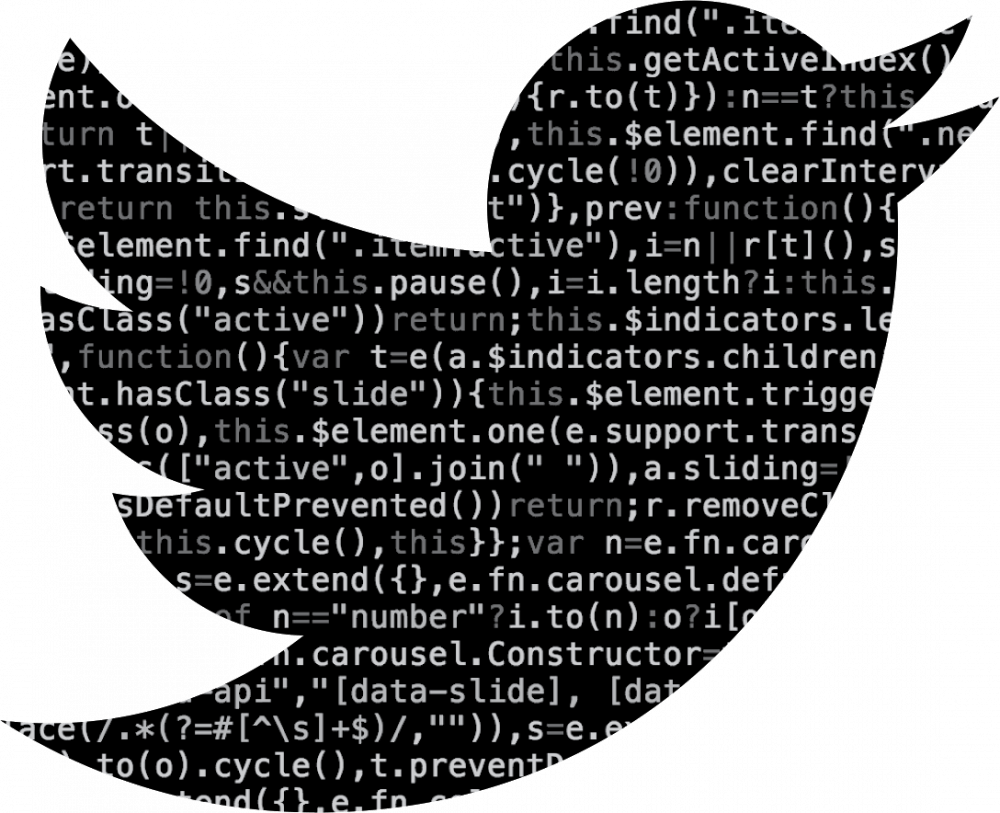In response to the violence of the ‘Unite the Right’ rally, the University’s Data Science Institute is partnering with the state to analyze social media accounts of the organizers in an effort to better model and predict future extremist events.
Many of the white supremacists who attended or helped organize the rally shared their views and plans on public Twitter accounts.
Details are still emerging on the organizers’ private chats — including messages suggestive of a car attack like that of Aug. 12 which left at least 35 injured and one dead. DSI is hoping to collaborate with local and state police in order to gain access to private as well as public accounts, according to Arlyn Burgess, associate director for operations and strategic initiatives in DSI.
DSI Director Phil Bourne said that in the aftermath of the events of Aug. 11 and 12, it seemed like the social media surrounding the rally could be more deeply analyzed.
“The whole idea here is to be more predictive,” Bourne said. “Can we do accurate predictive modeling that will facilitate dealing with these kinds of events?”
Burgess said a number of conversations and meetings among faculty and the administration, starting the Monday after the rally, sparked the idea for the analysis project.
“There have been people in the administration that sort of planted that seed,” Burgess said. “The DSI, hearing the buzz about data specifically, said this is something we can do — this is our wheelhouse.”
Researchers in the DSI began planning the project by splitting the data — the social media posts in this case — into three categories. The categories include posts beginning at the time of the rally permit request before the rally, posts from directly before and during the rally and posts in the aftermath of the rally, which Burgess said are ongoing.
The project has been offered up as one of 13 capstone research opportunities for graduate students at the DSI. A team of three students will analyze the data around two use cases — or examples — under the guidance of a group of faculty advisors including Bourne, founding director Don Brown and Abigail Flower, a professor in DSI and Systems and Information Engineering.
In the first use case, students will analyze the formation and spread of white supremacist social networks, beginning with the permitting process.
“One of the things about the way that social networks spread is that there’s usually an initial burst and then a series of microbursts,” Burgess said. “It grows very much like an organic — just like an organism of any kind.”
The second case involves analyzing and creating a predictive model of smokescreens, or events planned on social media that are never intended to take place in the real world.
One possible smokescreen, which has yet to be confirmed, was a motorcycle rally outside of Charlottesville planned for the day of the Unite the Right rally, Flower said.
“It is well-known now that social media discussions were created implying that a group of about 200 motorcyclists representing the ‘alt-right’ would convene in an area far from the central activity,” Flower said in an email to The Cavalier Daily. “This technique was used to draw protective service resources away from the larger events unfolding at the center of activity. The question we would like to ask is — can we detect a difference in the language used, or the structure of language used, in social media regarding the smokescreen compared to the language used for real events and assemblies?”
Burgess hopes to be able to supply the police with this data so they can make more informed decisions about how to allocate resources during similar events in the future.
“That’s a dangerous process, because, if you use analytics to tell the police ‘The language tells us this event is not going to happen’ and they don’t send emergency responders and then it does, and it becomes a violent situation, there’s … A huge ethical component there in trying to make sure we understand all of that,” Burgess said.
There is a lot of possibility for collaboration with this project, according to Burgess. She plans to meet with the University library to discuss sharing data and mentioned potential partnerships with state agencies and IBM.
Students will analyze tweets surrounding the events using IBM’s Bluemix technology, which allows for mass queries of pulled social media data, Burgess and Flower said.
According to Burgess, the Governor’s Data Internship for Charlottesville is helping DSI partner with the Virginia Information Technologies Agency.
“We don’t know at this point what will come out of it, but clearly it’s an important thing to be looking at, and we’re putting what resources we have to try and look at it,” Bourne said. “We’re hopeful that we can better understand and do predictive modeling on these types of events.”
If the results of the project prove useful, Brown said the implications are far-reaching.
“It won’t benefit just Charlottesville,” Brown said. “I think if we can look at how we can help local law enforcement and, again, other University responders plan for these kinds of activities, that kind of thing will carry over to other communities as well, so we might be able to create sort of a blueprint for what you have to do in a local that’s experiencing 'alt-right' activity.”







